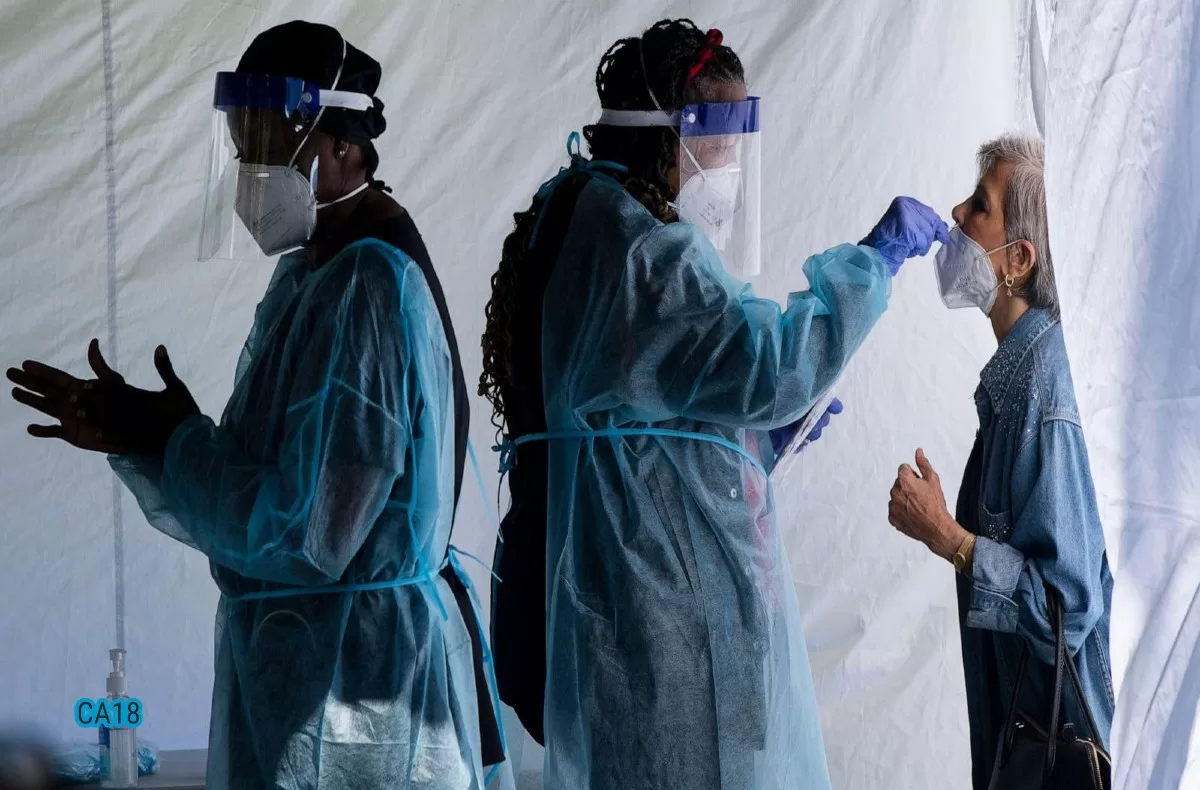The diagnosis of liver cancer may undergo a turnaround after a group of Scottish researchers have developed a urine test that allows detecting the presence of biomarkers associated with the disease.
Currently, the diagnosis is made through blood tests, ultrasounds or surgeries, all these methods are invasive and require a visit to the doctor. But with the new test created by researchers at the Cancer Research UK Beatson Institute in Glasgow, Scotland, this scenario can be overcome.
“It is expected that the number of people with liver cancer increasesso we need new tools to find and treat it sooner,” he told the herald Saverio Tardito, the principal investigator in charge of the project.
“We were excited to discover this new metabolite, which had never been described in mammals before. It is a good candidate for diagnostic testing as it is specific to a particular type of liver cancer and can easily be detected in urine and used as a marker to monitor tumor growth.”
The team now wants to determine the how early the metabolite appears in the liverin order to identify when the urine test can reliably help in the diagnosis.
According to Interesting Engineeringin about a quarter of patients with liver cancer the disease is the result of a protein molecule known as beta-catenin?? The new urine test can detect this molecule.
The researchers “stumbled” on the molecule while studying a metabolite called N5-methylglutamine, which appeared at elevated levels in mice with a specific type of liver cancer.
Tests capable of detecting cancer have been developed over time. In 2020, a new blood test was created to detect 50 types of cancer, sometimes even before symptoms appear. The test was accurate in detecting 12 of the most aggressive types of cancer – including pancreas.
Also in 2020, a team created a blood test capable of detecting five of the most common types of cancer – stomach, esophagus, colorectal, lung and liver – four years before symptoms appear.
Already in 2022 another team developed a contact lens capable of detecting cancer and, in the future, even treat you?? The device identifies cellular by-products in tears, called exosomes, which indicate tumor growth.


